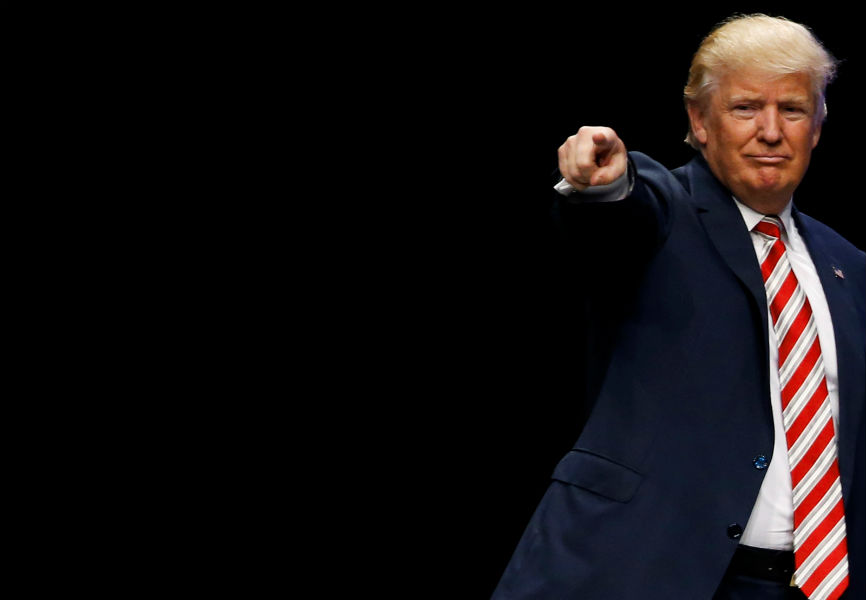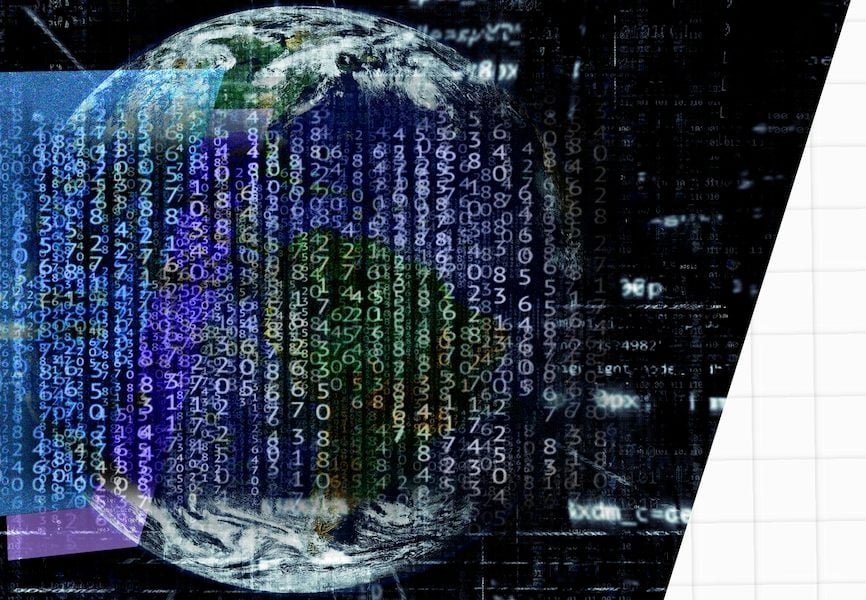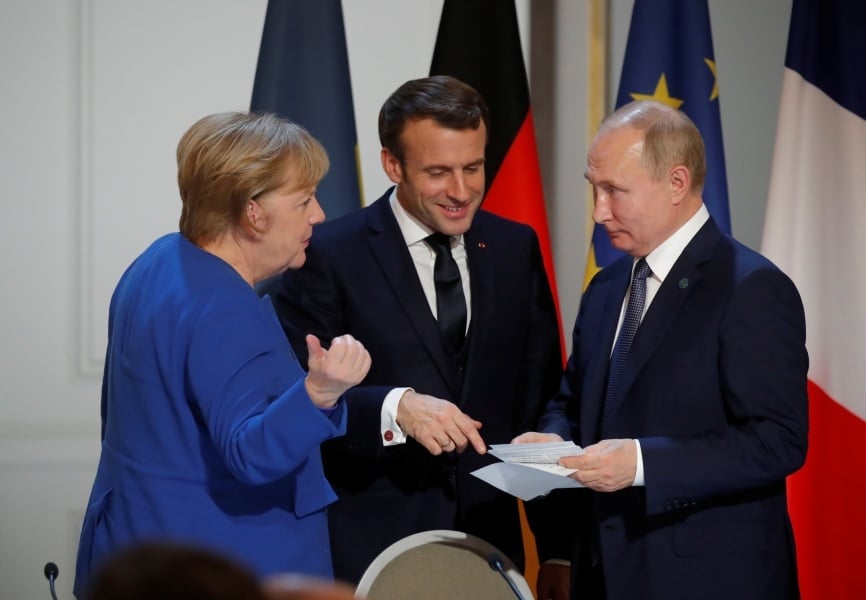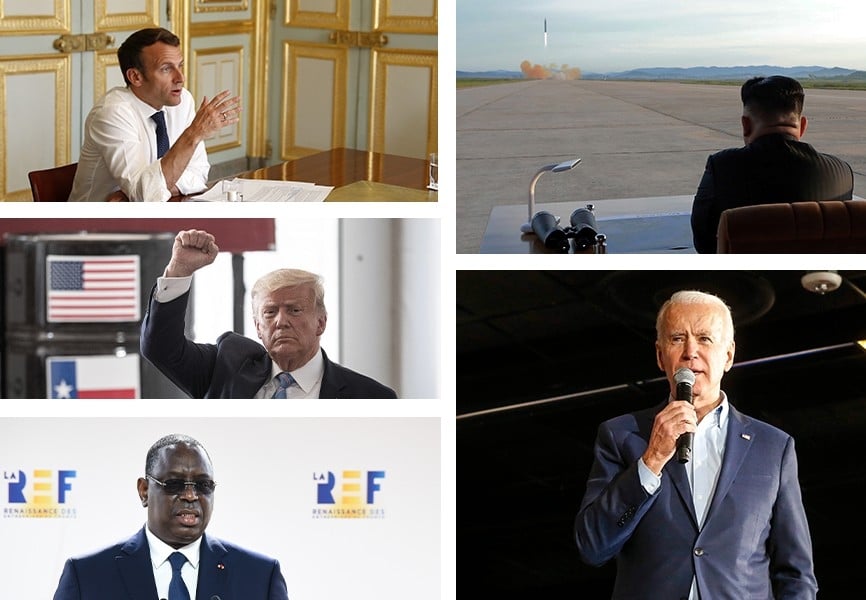A: No, I don't know that it's unlikely. They tested missiles just a couple days ago. I think that they were ready to test a nuclear device. At some point I certainly expect they're going to continue to develop their program.
But, they might want to wait and see what kind of reaction they get from China and the U.S. right now. They might want to wait and see the [outcome of the] South Korean election. If they test a nuclear weapon right now, it might ... make it more likely that the centrist candidate, who is much more hawkish on North Korea, could win.
But, they might want to wait and see what kind of reaction they get from China and the U.S. right now. They might want to wait and see the [outcome of the] South Korean election. If they test a nuclear weapon right now, it might ... make it more likely that the centrist candidate, who is much more hawkish on North Korea, could win.
Q: I think the U.S. policy is still full denuclearization.
A: Correct. Well, it's a stupid policy. I mean, it's like saying "Assad must go." It's not a policy; it's like a philosophical aspiration.
I think what the Americans are going to have to do is either they -- or China or South Korea -- come up with a deal where, if the North Koreans ... [are] willing to suspend ... their research and development, and their building of and advancing of, their program, for some period of time, and they're willing to allow inspectors in, that in return they would see diplomatic, military and economic benefits.
In other words, it would need to be an Iran-like deal.
Q: It has been almost three months since the Trump administration began. What kind of change have you seen in the president's foreign policy?
A: There has been, I think, some normalization of Trump's foreign policy. I mean, certainly getting rid of Mike Flynn [and] marginalizing Steve Bannon. And certainly H.R. McMaster is vastly better -- a vast improvement -- and not only in terms of a military strategist, but also just a competent thinker and decision-maker than Mike Flynn. So, there clearly have been changes that I think make the establishment somewhat more comfortable.
But I do think we need to remember that what really defines Trump's "America first" policy is not being the global policeman; it's not supporting global trade. It is, instead, unilateralism. And I do think that Trump, in terms of making decisions himself, defining the national interest in a much more narrow way, and not particularly being concerned about what allies have to think before he takes action, I think that's been fairly consistent for Trump over the course of the last three months.
Q: Ever since you launched Eurasia Group in 1998 you have said that geopolitical risks have increased.
A: Yeah! Well, I mean, a big part of that is the "G Zero," and there are lots of components of it. One is that the U.S., domestically, is less interested in providing a leadership role, and that started with the backlash over 9/11 and the extraordinarily expensive wars in Iraq and Afghanistan that ended in failure.
Then you have the Europeans, who are in free-fall. The Brexit vote. The rise of populism. The Chinese were getting more powerful, and they have alternatives to America's economic strategy and architecture. So, there were many reasons why the geopolitical risks were increasing [even] before Trump was elected.
But Trump's election, and specifically embracing "America first" and U.S. unilateralism, was kind of "the straw that broke the camel's back," and did officially herald in the "G Zero" and the end, officially, of Pax Americana. And so I do believe that we're in a geopolitical recession.
This interview was originally published on Nikkei Asian Review.






